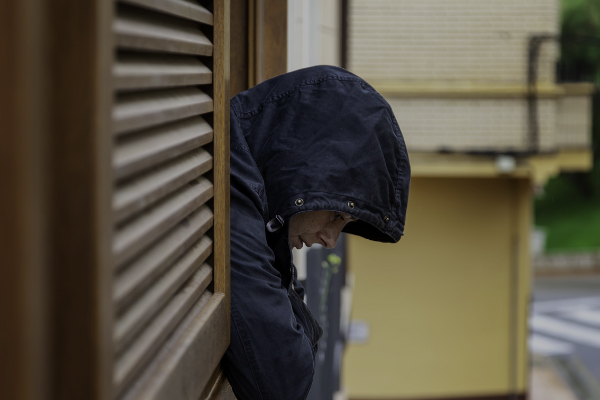Depression also called a major depressive disorder, is a widely known and severe medical illness that negatively impacts how an individual feel, think and act. This disorder commonly allows room for other emotional, mental, and even physical problems and impairs a person’s ability to function normally. 
What Drugs Are Used to Manage Symptoms of Depression?
Physicians recommend the use of a particular class of drugs called anti-depressants to combat the disorder. Medicines in this category are divided into five types based on the way they act on the brain and central nervous system. Generally, anti-depressants work to maintain certain neurotransmitters in the brain to improve and help stabilize mood.Nevertheless, there have been incidences where regular anti-depressants fail to do as expected, and the condition persists. The disorder, in this case, may be termed as a treatment-resistant case of depression. As such, medical scientists have searched for alternative medications that effectively treat the medical condition. A prominent probable substitute or combination constituent which have risen in recent times is the use of stimulants.Stimulants are a class of drugs sometimes referred to as “uppers” due to their ability to induce euphoria and enhance performance. These two qualities are clearly opposites of characteristics that a person diagnosed with depression may exhibit. Hence, the reason for the exploration into their potential to cure the disorder. Subsequently, stimulants may be combined with anti-depressants to augment healing. Common stimulants used for this purpose are Adderall, Modafinil, and Ritalin (methylphenidate).
Signs And Symptoms of Major Depressive Disorder
Symptoms of depression which can swing from mild to very intense include:
- Increased fatigue which is characterized by loss of energy.
- Noticeable changes in appetite such as rapid weight loss or gain are unrelated to dieting.
- Difficulty in organizing thoughts as the ability to concentrate and make decisions are adversely affected.
- Sleep cycle changes, either in sleeping too much or too long, or bouts of insomnia.
- The individual loses interest or no longer finds pleasure in activities they once enjoyed.
Among the myriads of mental disorders a person may be diagnosed with, depression is considered one of the most treatable. A standard treatment schedule comprises three components: emotional support from family and close ones, psychotherapy, and medication administration.
Combining Stimulants with Anti-Depressants
The results of combining stimulants with anti-depressants have been largely inconclusive. For some people, using Ritalin did not contribute to the overall improvement of their symptoms of depression. For others, only fatigue and feelings of tiredness were improved upon, and for some others still, the combination was no more beneficial than taking anti-depressants alone.Furthermore, stimulants are risky to take for their high addiction-inducing capacity. Typically, depression may take weeks to months to slowly improve with anti-depressants as the only medication administered. If stimulants were to be taken for that long, chemical dependency may develop. Also, there is the danger of severe side-effects arising from using any of these medicines and the risk of harmful drug interactions.Therefore, it is advisory that anti-depressants, stimulants, or a mixture of both, be taken only under the recommendation and supervision of a qualified and licensed medical professional.
What to Do If Stimulant Addiction Happens?
If you or a loved one become addicted to stimulants, there is hope. We at Evoke Wellness at Miramar, have evidence-based treatment programs for stimulants and all other drugs that exist. Our addiction specialists are available around the clock to help you with any question you have and to help you find the right path. We can help you on the road to recovery, where the success rate for those in recovery is much higher than those who choose to do it alone.


